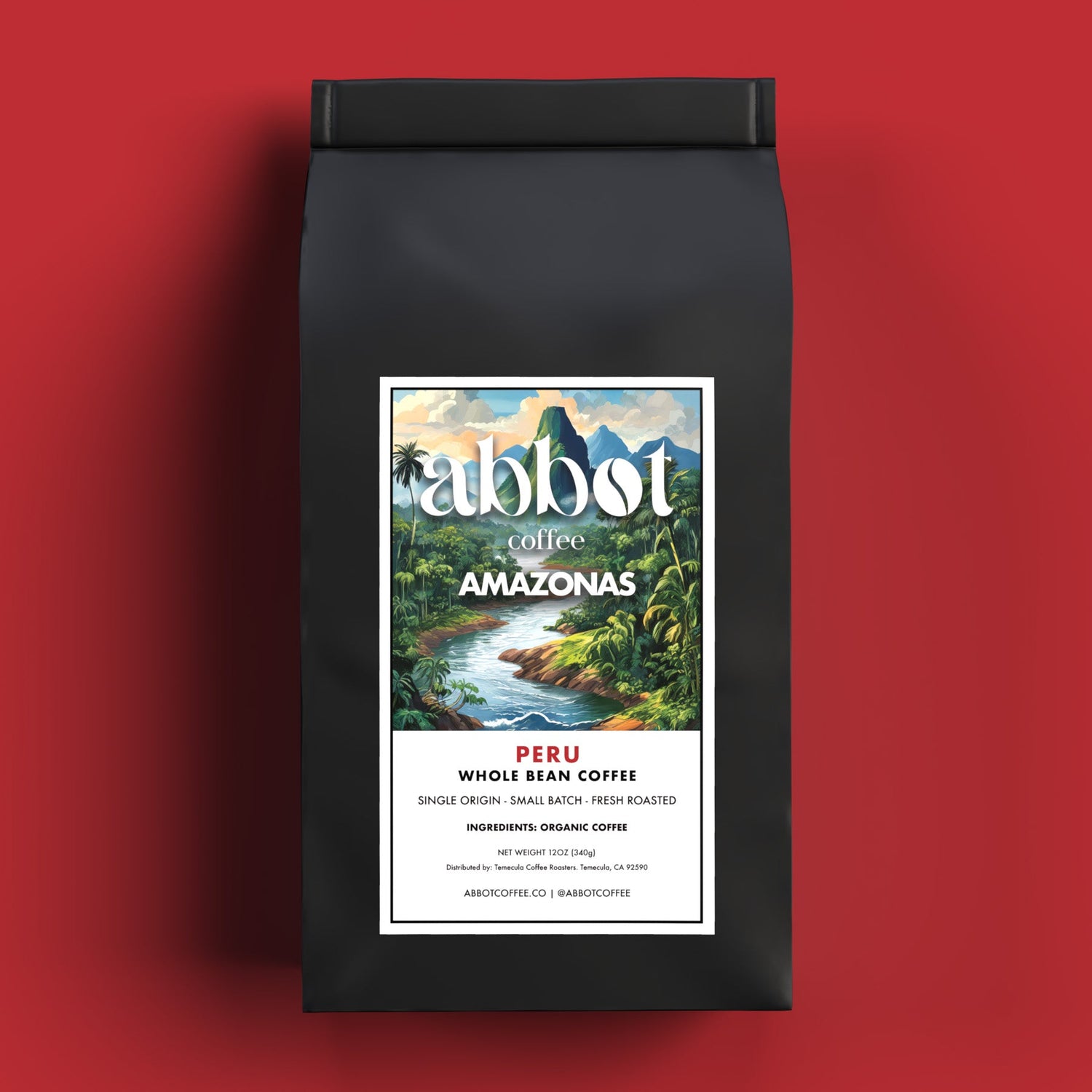As coffee lovers, we all have our preferences when it comes to our morning cup of joe. Some of us prefer the bold, rich flavor of a dark roast, while others enjoy the smoother, sweeter taste of a light roast. But have you ever thought about where your coffee comes from? Is it a blend of different beans from different countries, or is it a single origin coffee from a specific region? In this post, we'll explore the difference between single origin coffee and blended coffee, and why it's important to know where your coffee is from.

What is Single Origin Coffee?
Single origin coffee is made from beans that are sourced from a specific region or even a single farm. These beans are not mixed with beans from other regions, which means they have a distinct and unique flavor profile that reflects the climate, soil, and growing conditions of the region. Single origin coffee is often more expensive than blended coffee, but it offers a higher quality and more complex flavor.

What is Blended Coffee?
Blended coffee, on the other hand, is made from a mix of beans from different regions. The beans are carefully selected and mixed to create a specific flavor profile that is consistent from batch to batch. Blended coffee is often less expensive than single origin coffee, and it can be a good choice if you're looking for a consistent flavor profile that you can rely on.

Why Single Origin Coffee Matters
Knowing where your coffee comes from is important for several reasons. First, single origin coffee provides a unique flavor profile that can't be replicated by blending beans from different regions. This means that every cup of single origin coffee is a unique and special experience that reflects the terroir of the region.
Second, single origin coffee supports sustainable farming practices and helps to promote the local economy in the region where the beans are grown. By buying single origin coffee, you're supporting small-scale farmers and helping to preserve traditional farming methods that have been passed down for generations.
Finally, single origin coffee is often of higher quality than blended coffee, which means that it offers a more complex and nuanced flavor profile. If you're a true coffee lover, you'll appreciate the subtle differences in flavor that come from beans grown in different regions.
In conclusion, there is a big difference between single origin coffee and blended coffee. While blended coffee can be a good choice if you're looking for a consistent flavor profile, single origin coffee offers a unique and complex flavor that can't be replicated by blending beans from different regions. Plus, by buying single origin coffee, you're supporting sustainable farming practices and local economies in regions where the beans are grown. So the next time you're buying coffee, consider choosing a single origin coffee to experience the unique flavor and support sustainable farming practices.










